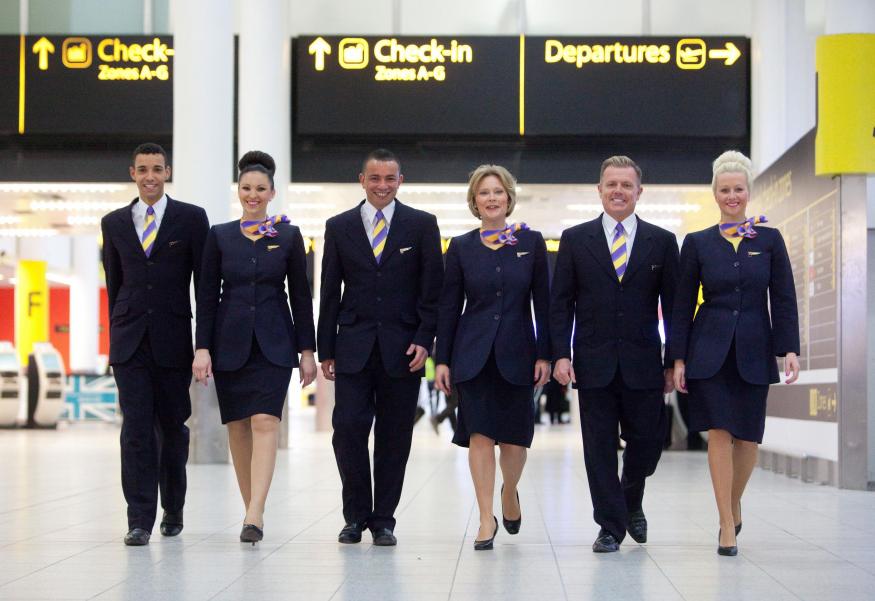- Contact us:
- 03300 535 600
- [email protected]

Five things to do if your best employee is resigning
September 1, 2017
Why contract labour is right for site
October 23, 2017Solicitor Emma Gross assesses the likely outcomes for employees following Monarch’s collapse
Earlier this month, Britain’s fifth-largest airline, Monarch, ceased trading and entered into administration. The airline’s collapse left more than 100,000 passengers stranded abroad and resulted in the UK’s biggest peacetime repatriation, with the Civil Aviation Authority having to coordinate tens of thousands of flights to bring passengers home.
While the primary focus has been on the passengers, there has been little mention of its 2,100 employees who are to suddenly face the perils of unemployment. Pilots, airport staff, air stewards and tour guides are now in the hands of KPMG administrators and will shortly be realising that statutory redundancy packages will provide little solace in the search for new employment.
Statutory redundancy is only payable to employees who have a minimum of two years’ service and, while many will fall into this category, there are sure to be large numbers who will receive nothing. Unfortunately, independent contractors and self-employed individuals, including casual workers, are not eligible to claim statutory redundancy pay.

Above: Better times. The downfall of Monarch has left an estimated 110,000 British holidaymakers stranded, and 2,100 employees out of work.
It has been reported that rival airlines have reached out to Monarch employees, encouraging them to apply for jobs with their respective airlines following the collapse. EasyJet is promising “recruitment days for Monarch cabin crew both in Luton and Gatwick this week, with 500 positions still available… the Monarch crew will be a great addition to the easyJet team”.
While redundancy can be a frightening prospect, there can be some comfort in the form of redundancy and notice payments. However, unless the individual has been a long-standing member of staff, statutory redundancy packages are likely to be meagre.
Redundancy pay
Employees are only entitled to statutory redundancy payment (SRP) if they have worked for the airline for a minimum of two years. SRP will be calculated to take into account the employee’s age, length of service and gross weekly pay, which is subject to an upper limit currently of £489.
Some employees may also be entitled to a contractual redundancy payment, over and above the minimum statutory pay.
It is not yet known whether Monarch will be paying statutory redundancy or offering enhanced payments to its staff. However, it is safe to assume that when a company ceases trading there is likely to be limited funds available to distribute.
Notice pay
In addition, in the absence of being afforded the opportunity to work their notice periods, all employees are entitled to receive payment in lieu of notice. The amount of notice each employee is entitled to receive is dependent upon the terms stipulated in their contracts. The majority of employees are likely to receive statutory minimum notice, which amounts to one week per year of service, capped at 12 weeks. Some employees may be entitled to enhanced notice of more than 12 weeks if it is expressly stated in their contract.
Pay in lieu of accrued but untaken holiday
Employees that have accrued but untaken holiday by the last day of their employment will be entitled to payment in lieu of taking that holiday. Employees who have taken more holidays than they have accrued in the course of the year may find this overpayment deducted from their final pay.
Whatever the staff receive in their final pay packets, many are sure to find the coming months and lead up to Christmas a daunting time.
Emma Gross is a solicitor in the employment law team at SA Law



